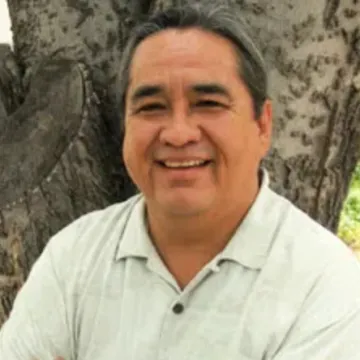The Rebuilding Native Nations (RNN) Online Course examines critical governance and development challenges facing Native nations and surveys Native nation-rebuilding efforts across Indigenous and Indian Country. Sharing lessons learned from more than two decades of community-based research by Native Nations Institute and its sister organization the Harvard Project, it explores what is working, what isn't, and why as Native nations work to reclaim control over their own affairs and create vibrant futures of their own design. Our professional development-focused curriculum is self-paced and offers group learning activities for classroom and community settings.
REGISTRATION RATES
Intro Module 1: $250 Modules 2-9: $75 each All 9 Modules: $750
SCHOLARSHIPS AND Group discounts are available. PLEASE EMAIL US!
The RNN Online Course offers 9 modules which provide a comprehensive overview and examination of Native nation building and how Native nations can strengthen their governance systems in order to achieve their strategic priorities. Featuring an array of case studies of nation-building successes from across Indian Country – as well as the firsthand perspectives of more than 100 Native leaders and scholars – it includes all nine learning modules contained in NNI’s “Rebuilding Native Nations” curriculum.
INSTRUCTORS:




Joan Timeche (Hopi), MBA
Executive Director, Native Nations Institute
Dr. Stephen Cornell
Faculty Chair, Native Nations Institute
Joseph P. Kalt
Co-Director, Harvard Project on American Indian Economic Development
Dr. Manley Begay (Navajo)
Professor, Applied Indigenous Studies Department, Northern Arizona University



Herminia Frias (Pascua Yaqui)
Councilwoman & Former Chairwoman, Pascua Yaqui Tribe
Robert Williams, Jr., JD (Lumbee)
E. Thomas Sullivan Professor of Law and American Indian Studies and Director of the Indigenous Peoples Law and Policy Program, University of Arizona
Jaime Pinkham (Nez Perce)
Executive Director, Columbia River Inter-Tribal Fish Commission
Estimated Learning Time: ~8-10 hours per module
Deadline to Complete Course: 6 months from date of enrollment
FAQs
Is this course pass/fail, or do I get a letter grade?
Rebuilding Native Nations is a series of certificate course modules, which means individuals who take and complete them will not be graded based on their performance on the course quizzes and tests. Nor will they “pass” or “fail” the modules. Instead, students who complete each module – including the quizzes and tests – in each of their assigned course modules will be certified by NNI as having completed or “passed” successfully.
Do I get credit for taking a “Rebuilding Native Nations” course module?
No. Students who complete one or more of the Rebuilding Native Nations course modules will receive official certificates of completion from the Native Nations Institute. NNI and The University of Arizona currently do not offer the Rebuilding Native Nations Online Course for college credit.
Do I need to complete my modules all at once?
No. Rebuilding Native Nations Online Course is a series of self-paced modules designed to accommodate participants' busy schedules. Participants can complete their modules over multiple learning sessions (15 minutes here, 20 minutes there, etc.) -- as long as they complete each assigned module in the allotted one month time.




